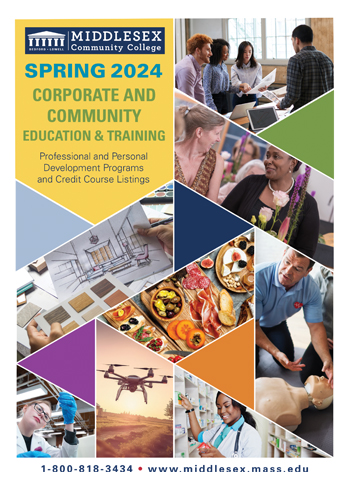Writing Across the Curriculum
WAC
Written Communication Intensive
Definition
Written communication is the presentation of ideas in paragraphs or essays that make a clear point, supply details supporting that point, and demonstrate unity and coherence of thought. The mastery of Standard Written English and the ability to comprehend and write about information acquired through reading, note-taking, and listening are also elements of written communication.
Goals
A student should demonstrate the ability to write unified and coherent essays, a knowledge of the vocabulary and conventions of the field in which the course is taken, and mastery of Standard Written English in at least 3 of the following 4 tasks:
- Essays on tests that demonstrate comprehension of material in texts or class.
- Two, 2-5 page essays that describe, analyze, and/or evaluate a text, a situation, or an experiment: or that support a proposition.
- One research paper of no less than 5 pages that requires reading a variety of materials in a discipline and quoting or referring to the words or ideas found there in the forms of documentation appropriate to that discipline.
- Ten entries in a journal of informal process or response writing.
Implementation Requirements
Implementation Strategy
A Writing Intensive course will include at least 3 of the following 4 kinds of writing:
- Writing for Assessment: 30% of each exam should be essay.
- Writing to Inform, Analyze, Evaluate, or Persuade: Two, 2-5 page papers
- Documented Writing: One documented research paper of no less than 5 pages.
- Response Writing: Ten entries of informal process or response writing.
Minimum Course Content
At least 30% of the course grade should be determined on the basis of student writing
Possible or Suggested Topics
Topics or tasks for writing depend on the discipline in which the Writing Intensive value appears. Possible kinds of writing in each of the areas are listed below.
- Writing for Assessment: Tasks in this area may include sentence completion, short answer, single paragraph, short essay, longer essays, or take-home writing assignments counted as tests.
- Writing to Inform, Analyze, Evaluate, or Persuade: Students may be required to describe a patient, process, situation, or experiment; summarize a lecture, speech, text, or article; analyze a literary character, historical event, social development, or medical procedure; evaluate a text, situation, business plan, experiment, or theory; or support a hypothesis, proposition, or argument.
- Documented Writing: The documented research paper may include such topics as field research, historical events, or controversies, biographies, analyses of businesses, social issues, or medical treatments.
- Response Writing: Ten entries of informal process or response writing may include lab reports, clinical observations, interviews, records of personal experience, or reader response journals.
Middlesex Community College Core Intensive Value Revised 4/95
